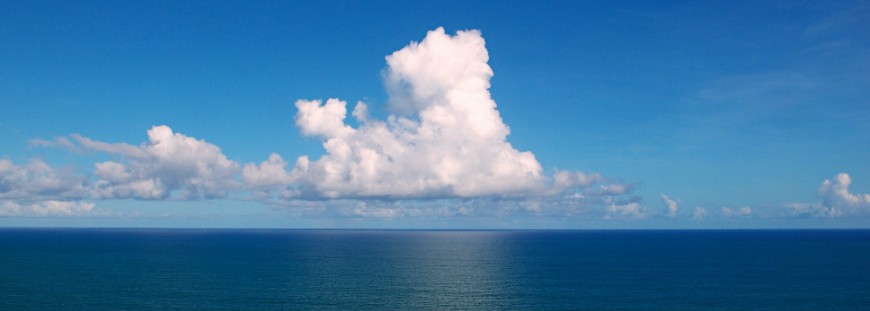There’s been a dramatic shift in fisheries lately, and folks should be aware of how the changes could alter the future of our public resource. Namely, the word “economics” slowly started to creep into the fisheries management conversation several years ago.
The concept of economics is covered in the National Standard 8:
Conservation and management measures shall, consistent with the conservation requirements of this Act (including the prevention of overfishing and rebuilding of overfished stocks), take into account the importance of fishery resources to fishing communities by utilizing economic and social data that meet the requirement of paragraph (2) [i.e., National Standard 2], in order to (a) provide for the sustained participation of such communities, and (b) to the extent practicable, minimize adverse economic impacts on such communities.
On the surface, this standard is fairly innocuous. My takeaway is that we should prevent overfishing and rebuild the stocks to provide a future that relieves economic concerns for all stakeholders. That’s a solid structure to give to managers. So many people depend on healthy fisheries; it is incumbent on us to consider how depleted stocks impact entire coastal communities. Fishermen, boat builders, seafood processors, tackle shops, hotels, gas stations, and countless other businesses depend on a vibrant public resource.
There have been three recent economic arguments that highlight how short-run financial concerns are overshadowing marine science. North Carolina and Virginia recreational anglers decided to ignore a mandated, federal cobia closure due to economic impacts. Likewise, Gulf red snapper rec fishermen have set back recovery of the fishery likely by six years in convincing the Secretary of Commerce to extend the season. Again, the crux of the argument was based on economic concerns. Finally, New Jersey claimed a possible economic disaster if its flounder size limit increased by one inch.
Well, leave it up to us to weaponize economics. I’d like to mention that I have a BS in Economics. This is a familiar subject. I’m no expert by any stretch of the imagination. But, my understanding is slightly beyond basic, and I’m familiar with the science behind the curtain. So, when some groups start talking about economic impacts, it peaks my interest. The economics of fisheries doesn’t fit neatly into any theory. Fish are a common pool resource like trees: As one person takes a fish, that means another person can no longer catch that fish. The resource can only replenish itself, however, if fishing effort is maintained at a level that provides for future stocks. Therefore, a healthy fishery requires many tools – such as catch limits and accountability measures – that allow for replenishment of the stock while maximizing the revenue generated.
I’d like you to imagine a simple graph to explain the difference between commercial and recreational angling. For commercial angling, the y-axis represents revenue generated per catch and the x-axis represents fishing effort. The line on the graph is called the total revenue curve. It looks kind of like a rainbow. The sweet spot is right in the middle. Effort is not too great to damage the population but not too little to limit the catch. The revenue generated is maximized in that “goldilocks zone.” So what do you think happens when effort becomes too great? That revenue line starts a strong downward trend.
There’s a strong correlation between effort and population in recreational angling as well. When fish are considered abundant, recreational anglers increase their effort with more anglers, more trips, and more time on the water. In turn, they generate more revenue for the tackle shops, hotels, and other associated businesses.
You may be asking yourself, “What does this have to do with anything?” In a perfect world, we can get those graphs to line up. There is a sweet spot for everyone where effort, population, and revenue can be maximized. Unfortunately, some in the recreational angling community are gunning for the short term by ignoring the science that allowed each of those stocks to rebound, and ensure the future of those species. The end result is terrible economics for the long term and for all, especially fragile coastal fishing communities that depend on abundant fish for the future. We can find a balance between economics, science and conservation in order to keep healthy and abundant oceans and fisheries – and strong economies – for working waterfronts.


